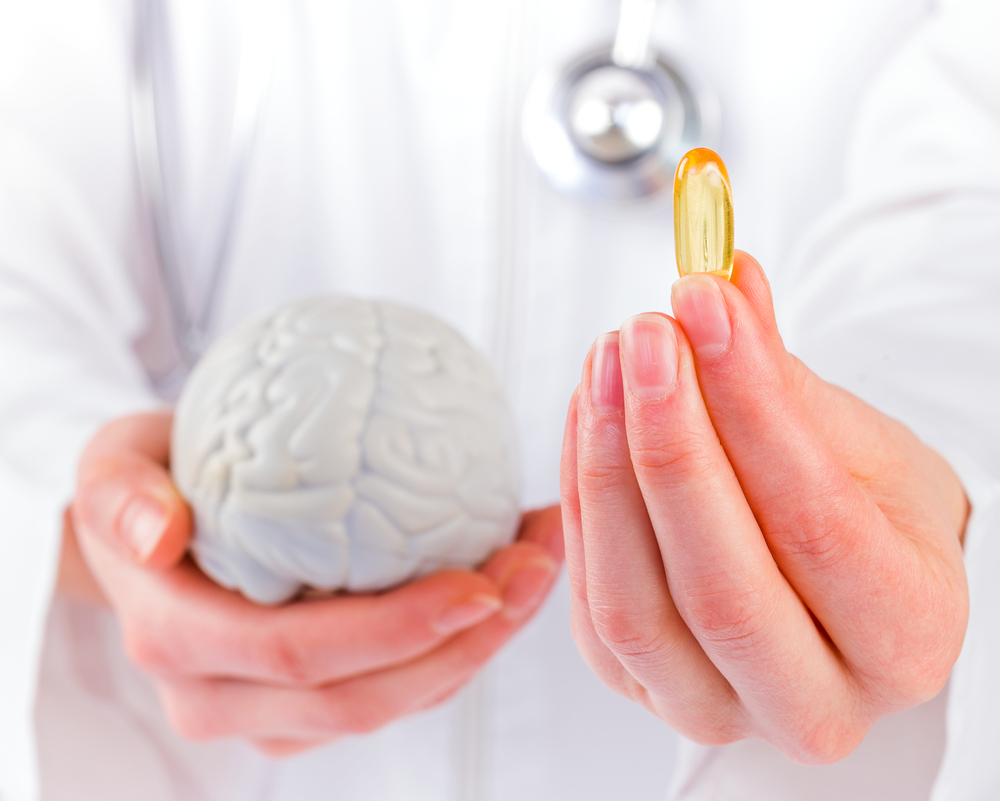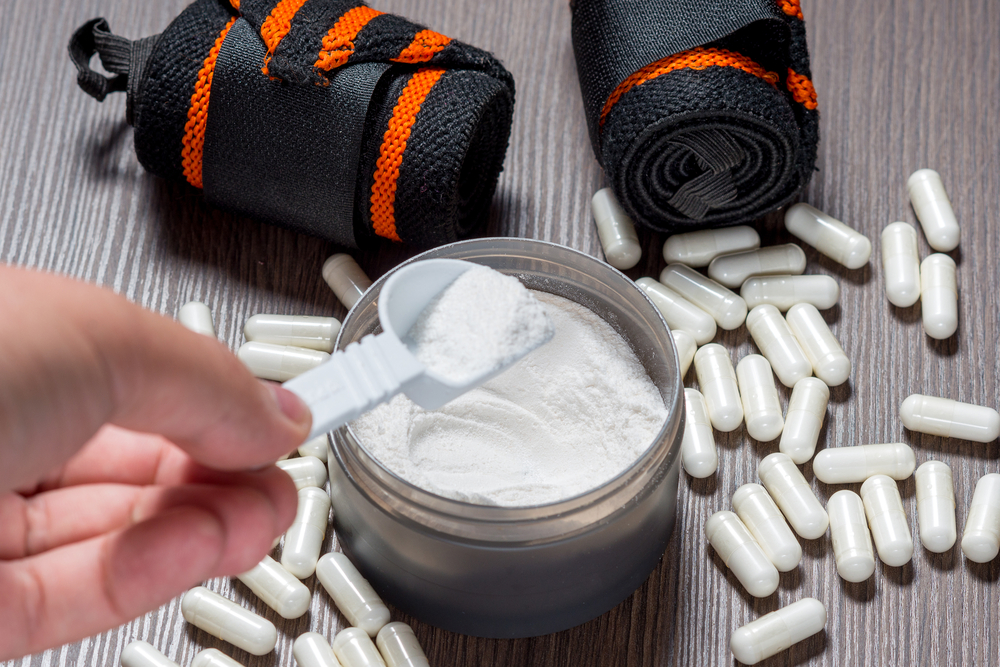Aspartic acid is one of the 22 amino acids that make up proteins. It is believed to play an important role in the endocrine system. Thisamino acid stimulates the production of growth hormones and promotes the release of sex hormones, thus boosting natural testosterone levels. But what is it really?
Aspartic acid is one of the 22 amino acids that make up proteins.
It is a non-essential amino acid because it can be synthesised by the body from glutamate. It is one of the glucoforming amino acids.
Aspartic acid plays an important role in the urea cycle (ammonia metabolism) and can enter the Krebs cycle (carbohydrate metabolism).
It is involved in the synthesis of dna (synthesis of pyrimidines). It is the most abundant excitatory neurotransmitter in the brain.
Following an initial study carried out on rats, it was found that testosterone was stimulated and consequently muscle development. Unfortunately, other studies have obtained contradictory results.
In particular, one study found no effect on testosterone levels and strength after 28 days of training over 4 weeks at a daily intake of 3g of aspartic acid.
Further studies seem to be necessary in order to obtain more complete and precise information, with longer periods of use and higher doses.
Aspartic acid plays an important role at several levels of metabolism:
Involved in the synthesis of purine and pyrimidine nuclei;
- Precursor of methionine, lysine, threonine and isoleucine;
- NH3 donor in the urea cycle;
- NH2 reservoir in muscle AMP resynthesis;
- Increases magnesium absorption;
- Combined with ATP, leads to aspargine, a major energy source;
- Co-Active and Metabolically Useful Elements: Vitamin B6, Vitamin E, Vitamins B1 and B2, Zinc, Selenium, Glutamine.







